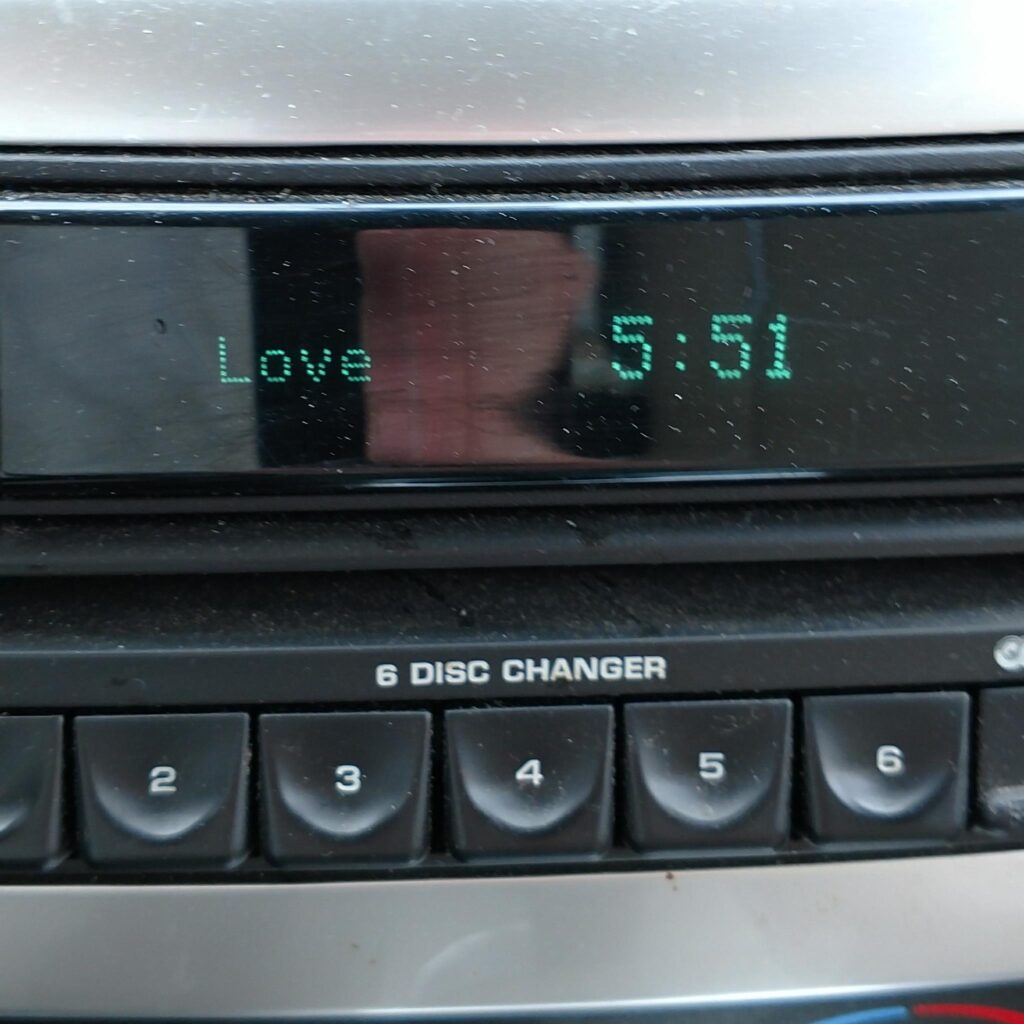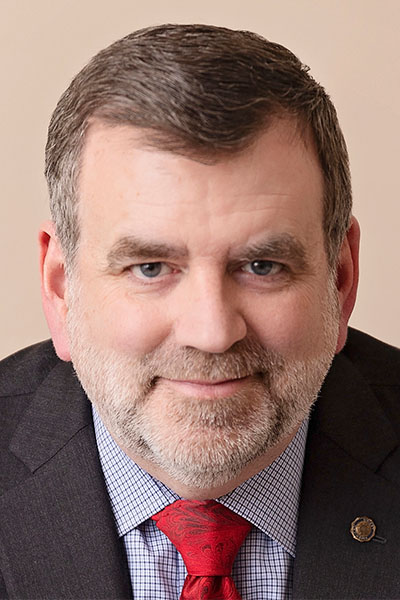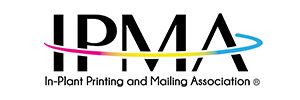“Music washes away from the soul the dust of everyday life.”
– Berthold Auerbach

When I’m driving my car alone, I listen to mellow music. When I was in college, my friends would give me a hard time, because my radio was always tuned to the “soft rock” station. I haven’t changed all that much in 40 years.
Occasionally, I’ll change the station and listen to something new.
Changing the station means leaving something I know I like. Disc jockeys that I’m comfortable with and songs I can sing along to (fortunately, I’m by myself). I’m not sure what I’ll hear on the next station. The DJ may be a jerk, or the music may sound terrible. So why take the chance?
I’ll never know what else is out there unless I move the dial. I probably wouldn’t have heard Keb Mo or Kris Delmhorst on my usual station. I’ve discovered some great comedians that wouldn’t be played on a soft rock station. And, I’ve found a meteorologist who can predict the New England weather correctly more than half the time.
Introducing variety into our daily routine helps stimulate our thinking, consciously and subconsciously. While writing this article, I’m listening to a random playlist on Spotify, allowing the software to select the music. I’m hoping that some of the songs will help spark my creative energies. Others may cause me to stop and daydream, providing a needed rest from my work.
More importantly, I’m finding out what music the rest of the world enjoys. Most people don’t listen to only love songs. Or rap. Or classical. No one format is that popular. Not even talk radio.
You should be interested in other people and their tastes. Music is only a small part of our identity, but an important part. Most of us can name our favorite artist without hesitation. Even if we listen to a variety of music, we have our favorites. And that says something about who we are.
To grow, we must continue to learn about ourselves and what we like. By adding variety, we may find new music to enjoy, and find out more about ourselves in the process. Also, by learning about different music, we have that much more in common with other people. That one common point may be small, but it’s a starting point.
People connecting through music is nothing new. The success of the Ed Sullivan Show was built on introducing television audiences to new acts. Arthur Fiedler made the Boston Pops Orchestra famous by recording arrangements based on popular music. B. B. King recorded music with everyone from U2 to Eric Clapton to Tracy Chapman. Generations are able to connect through music.
Too often, people focus on the differences separating them from someone else. Different ideas, different heritages, different sexes, different ages, different music. We place obstacles between ourselves and others. With that outlook, every relationship starts from a disadvantage.
We are much more alike than we often realize. By focusing on what we have in common, it’s easier to share ideas and work together. This doesn’t mean we should subvert who we are and our uniqueness as individuals. It means that we should find out what we share, and start from there.
We grow by experiencing new things. Try reading a new author. Or watching a new television show. Or listening to new music. You may find that one thing you’ll have in common with someone you haven’t even met yet.
You may still think that you know what music you like, and are too old to start listening to something new. You’re not.
Johnny Cash’s last hit was a remake of the Nine Inch Nails song Pain. The moving video he recorded reaches across all generations and all types of music lovers. By being open to new music at seventy-one, Mr. Cash was able to find yet another way to express himself and touch his listeners.
Listen to and enjoy the music you love. But every now and then, take a chance. Change the station.

Mark M. Fallon is president and CEO of The Berkshire Company, a consulting firm specializing in mail and document processing strategies. The company develops customized solutions integrating proven management concepts with emerging technologies to achieve total process management. He offers a vision of the document that integrates technology, data quality, process integrity, and electronic delivery. His successes are based upon using leadership to implement innovative solutions in the document process. You can contact Mark at mmf@berkshire-company.com.
